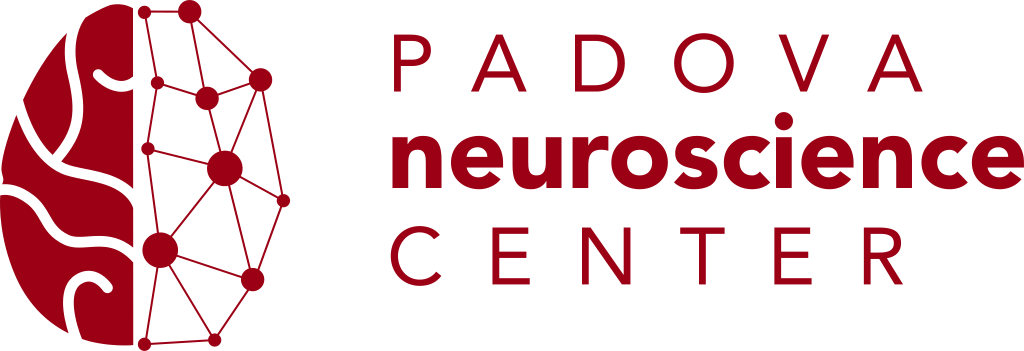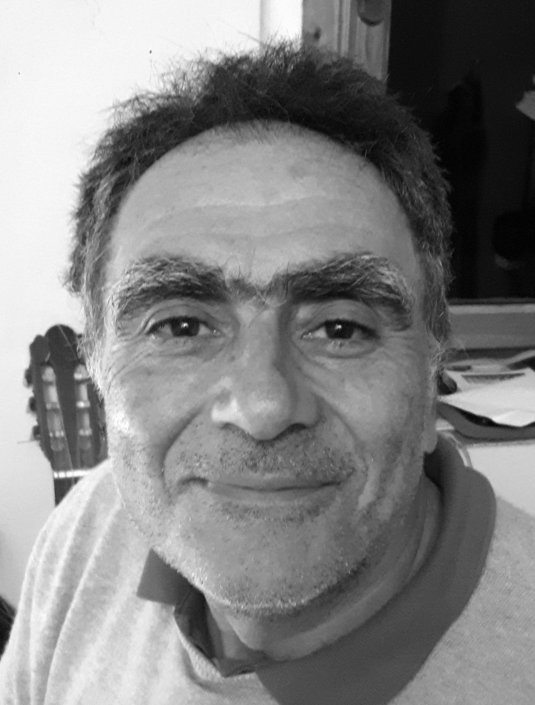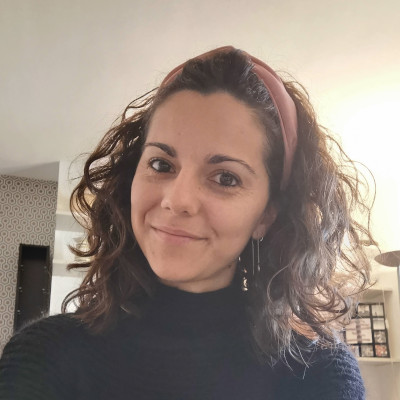Micaela Zonta is Research Technologist at the Neuroscience Institute of the National Research Council in Padova.
She obtained her degree in Biology at the University of Padova and her PhD under the supervision of the CNR neuroscientist Giorgio Carmignoto, investigating how calcium signal in astrocytes regulates gliotransmitter release and functional hyperemia.
Her research group at the CNR Neuroscience Institute in Padua investigates the role of astrocytes in Alzheimer’s Disease mouse models and in the modulation of dopaminergic circuits.
Research interests
Our research interests focus on the characterization of Ca2+ signals in astrocytes from different brain circuits and in different brain pathological states. To pursue our aims, we combine 2 photon imaging, electrophysiological techniques and immunohistochemistry.
Our recent results reveal the contribution of astrocytes to synaptic modulation in the dopaminergic circuits of Ventral Tegmental Area, and the effects of early astrocyte Ca2+ dysregulation on somatosensory synaptic plasticity in a mouse model of Alzheimer’s disease (B6.152H).
We are actually studying Ca2+ signals in hippocampal astrocytes from α7 nicotinic acetylcholine receptor knockout mice, characterized by an age-dependent Alzheimer’s disease-like phenotype, and in parallel we are deepening Ca2+ signal characterization in astrocytes from the Ventral Tegmental Area.
In a recently funded Telethon project, we are exploring cerebrovascular function in the B6.152H Alzheimer’s mouse model, to disclose possible links existing between the impairment observed in astrocyte Ca2+ signal and the different aspects of vascular dysfunction commonly reported in Alzheimer’s disease.







